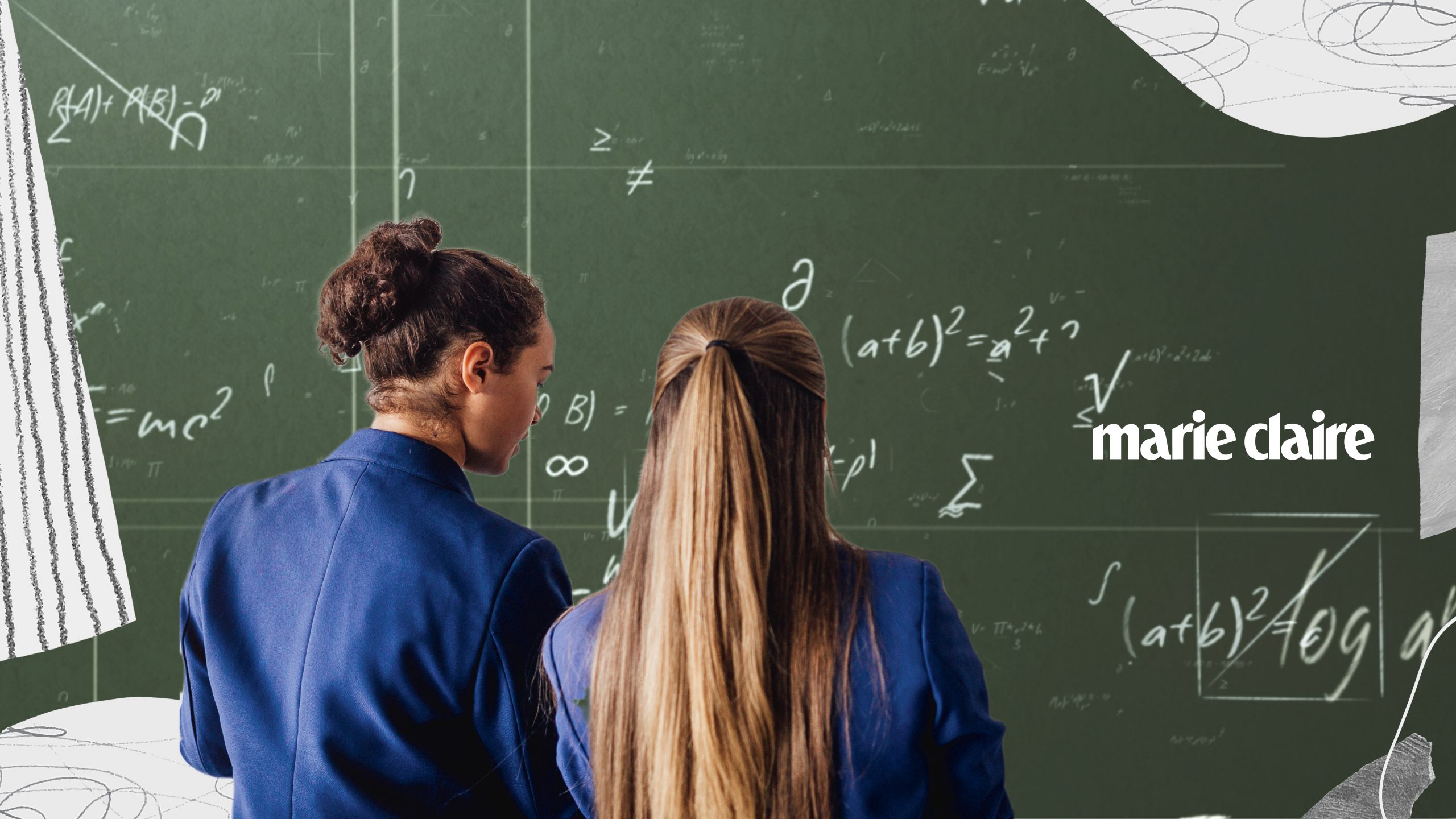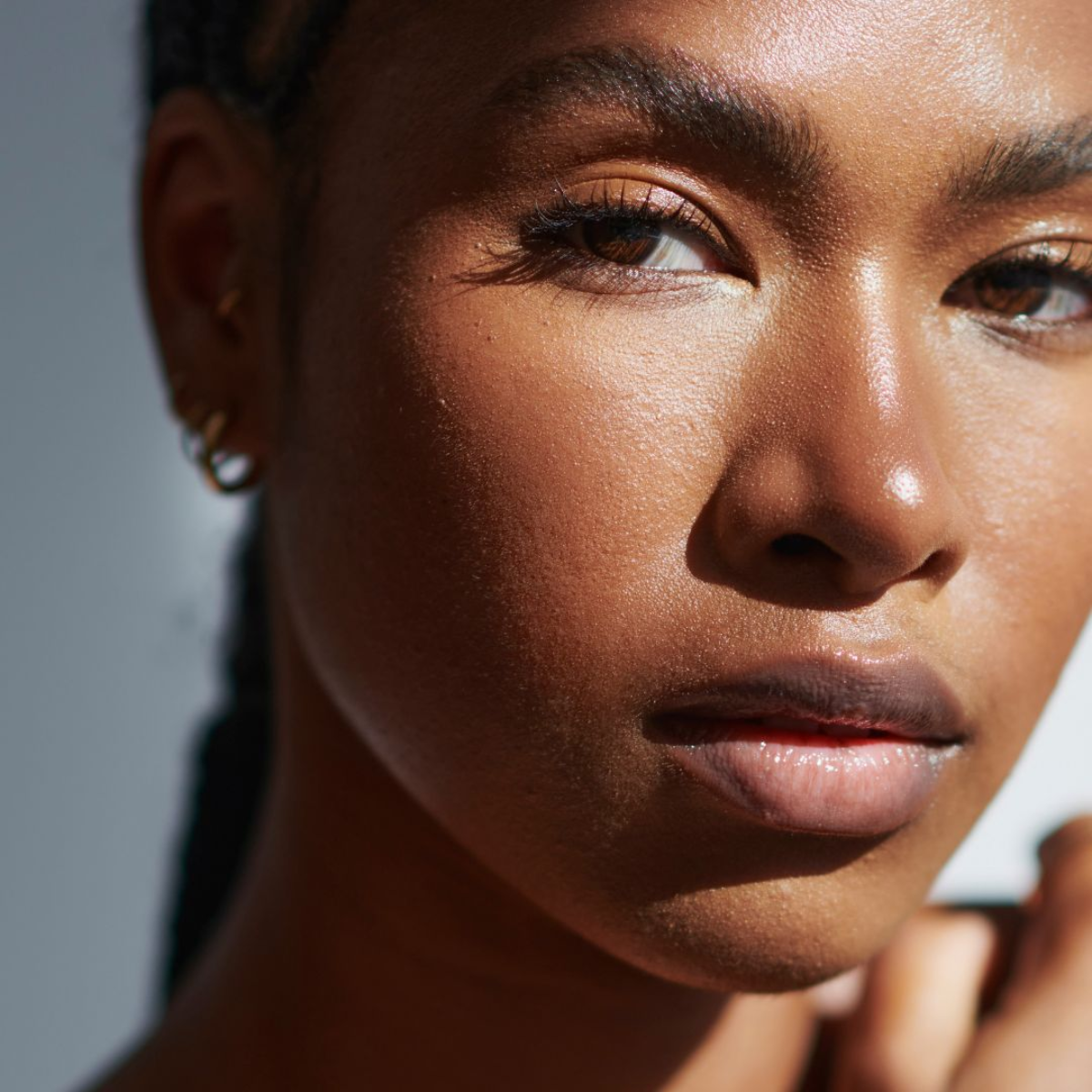Girls' education after Covid: 'The risks of a lost generation of girls not returning to school is a crisis we can't ignore'
As the Global Education Summit kicks off in London, key industry change-makers gathered to discuss how we can support the millions of girls across the globe who are missing out on an education.


As the Global Education Summit kicks off in London, key industry change-makers gathered to discuss how we can support the millions of girls across the globe who are missing out on an education.
It's no secret that the pandemic has had a devastating impact on gender equality. Between lost livelihoods for the least well paid, an increase in unpaid domestic work, and pressure to balance longer home working hours with full-time childcare, many hard-won gains in gender equality have been obliterated over the past year-and-a-half.
And with women performing 75% of unpaid care work across the globe and in many countries, occupying the majority of frontline public health roles, it's inevitable that the pandemic's effect on girls' education is going to be equally damaging.
In fact, it's estimated that on top of the 129 million girls around the world who were already out of school before COVID, a further 20 million girls in developing countries are likely to never return to school at all – the repercussions of which are going to be deeply felt for years to come.
Speaking last night, on the eve of the Global Education Summit, Boris Johnson's Special Envoy for Education Helen Grant MP said of the crisis, "A child whose mother can read is 50% more likely to live beyond the age of five and twice as likely to attend school themselves. With just one additional school year, a woman’s earnings can increase by up to a fifth. They are also 50% more likely to be immunised." She added:
"Educating girls is not just the right thing to do, it is one of the smartest investments we can make to lift people out of poverty, grow economies, save lives, and build back better."
Grant was speaking as part of an exclusive conversation hosted by global strategic advisory firm Smith & Company ahead of this week's summit, which will be co-hosted by the UK and Kenyan governments. Marie Claire's Editor-in-Chief Andrea Thompson was invited to attend the event owing to our 33-year history of championing girls' education through the lens of empowerment, careers and sustainability.
Joining Grant on the panel was Dr David Moinina Sengeh, Minister Of Basic and Senior Secondary Education and Chief Innovation Officer for the Government of Sierra Leone; Nimco Ali, OBE, CEO and Co-Founder of The Five Foundation; and Noëlla Coursaris Musunka, Founder and CEO of Malaika, and Marie Claire Sustainability Awards 2021 judge.
Marie Claire Newsletter
Celebrity news, beauty, fashion advice, and fascinating features, delivered straight to your inbox!
Following on from the G7's pledge to get 40 million more girls across the world into school, and the UK’s specific commitment to ensure all girls get 12 years of quality education, the panel discussed using the pandemic as a catalyst for change.
Admitting that COVID-19 had provided the government of Sierra Leone with the opportunity to "look in the mirror", Dr David Moinina Sengeh admitted "they didn't like what they saw", and would work to continue to improve access to technology in the country, making it more accessible for all.
Noëlla Coursaris Musunka, founder and CEO of grassroots organisation Malaika, meanwhile emphasised the importance of educating entire communities in order to build a sustainable ecosystem in which girls can properly learn. Calling on global government leaders to better resource grassroots organisations that prioritise girls, Coursaris Musunka cited providing school meals, clean water, and healthcare to communities as crucial when it comes to ensuring girls get the education they deserve.
"We are living in a nearly constant crisis climate at the moment and the risks of a lost generation of girls not returning to school following the pandemic is a crisis we cannot ignore," added Kirsten Walkom, Smith & Company’s Executive Vice President and host of the thought-provoking evening.
"It’s evident that investments in women and girls build stronger and more sustainable economies and now is the time that we must come together to achieve our goals for girls."https://twitter.com/andreacanwrite/status/1420362213580288000
But education doesn't just ensure that girls are protected economically. As leading global FGM activist and Co-Founder and CEO of the Five Foundation Nimco Ali pointed out, the correlation between educating girls and keeping girls safe is significant – with girls who stay in school less likely to experience sexual violence, including female genital mutilation.
Taking place over the next two days, the Global Education Summit will aim to raise $5bn to educate children across the developing world in the next five years.
Kate McCusker is a freelance writer at Marie Claire UK, having joined the team in 2019. She studied fashion journalism at Central Saint Martins, and her byline has also appeared in Dezeen, British Vogue, The Times and woman&home. In no particular order, her big loves are: design, good fiction, bad reality shows and the risible interiors of celebrity houses.
-
 Selena Gomez has re-entered the conversation about her 'Emilia Pérez' criticism
Selena Gomez has re-entered the conversation about her 'Emilia Pérez' criticismBy Jenny Proudfoot
-
 I'd never run a marathon before - six years on, I'm one of the UK's fastest female marathoners. Here's how I train every week
I'd never run a marathon before - six years on, I'm one of the UK's fastest female marathoners. Here's how I train every weekSerious inspo, served.
By Ally Head
-
 There’s a big difference between sensitive and *sensitised* skin—here are four derms on the key distinctions
There’s a big difference between sensitive and *sensitised* skin—here are four derms on the key distinctionsPlus, ways to approach both
By Denise Primbet